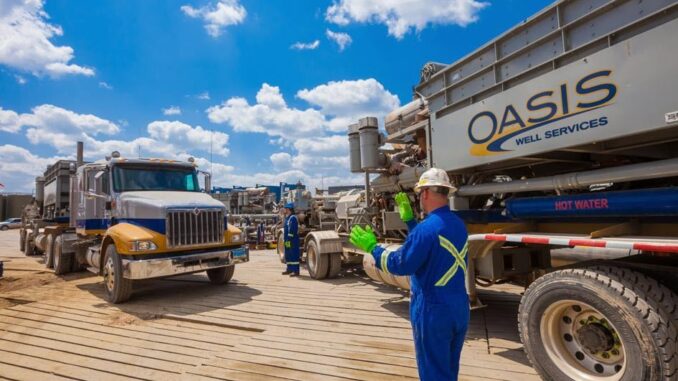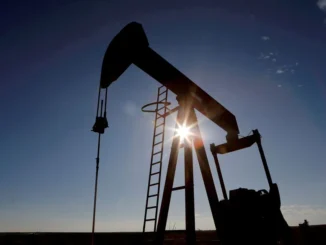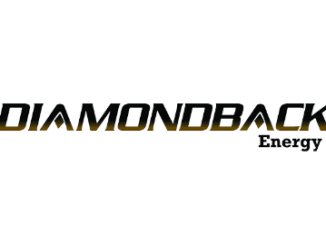
Just a few months after existing Chapter 11 bankruptcy, Oasis Petroleum is buying up all of Diamondback Energy ’s Bakken assets, adding about 95,000 acres to its already extensive Bakken Portfolio in an all-cash deal valued at around $745 million.
The purchase willl be funded by $106 million in cash on hand, revolving loan funds of around $450 million, and a $500 million bridge loan from J.P Morgan and Wells Fargo. The effective date of the acquisition is April 1, but the sale won’t close until July 2021, subject to the usual closing conditions.
The deal adds two to three years of top-tier locations to the company’s existing assets in the Bakken.
The acreage itself was acquired by Diamondback as a result of an all-stock merger with QEP Resources, the latter of which had been trying to sell its Bakken assets off even before the pandemic.
Diamondback plans to keep the Permian Basin assets it acquired from QEP and, with this sale, exits the Bakken altogether.
In its earnings call Thursday, May 6, Oasis officials said the assets were available for an attractive price, and would integrate well with the company’s existing acreage. The new assets are also already producing around 27,000 barrels of production per day — an immediate revenue boost.
The company plans to use the additional funds to invest in the continued production of existing Oasis assets, which will help it achieve economy of scale. Oasis will also increase its dividend by 33 percent to 50 cents a share, once the sale closes in July. It had declared a dividend of .375 per share for first quarter shareholders of record as of May 17.
“This exciting acquisition is a great example of how Oasis is addressing the needs of tomorrow, by taking action in our new industry paradigm, today,” CEO Danny Brown said. “The strategic fit of focusing capital to consolidate assets in our core area, generating significant free cash flow for the benefit of the company and its shareholders, is highlighted via this acquisition.”
Oasis exited bankruptcy in November. Its new CEO appeared to obliquely reference this fact during the company’s May 6 earnings call.
“We recognize that this industry has destroyed a lot of capital over the past decades, and investors are right to demand improvements,” he said. “Our Capital Allocation Committee, which is led by the board, oversees a new, formal capital alllocation process, and has instituted a rigorous framework to test every dollar of capital spending.”
The company has also committed to implementing a fixed dividend sooner than expected, Brown said, to demonstrate its new commitment to focusing on shareholder returns, and it is implementing a $100 million share repurchase program.
Oasis has meanwhile reduced its well costs in the Bakken an additional 17 percent, to about $6 million, and it is pursuing other cost reductions.
“We have to be a leader on costs,” Brown said. “And we’ve made tremendous progress on that front. Oasis has dramatically reduced capital operating and overhead cost structure, and we expect we will see even more reduction through our work with a third party to achieve substantial process optimizations, which has, and will result in material savings.”
Oasis is running one rig in the Bakken, and expects to complete 23 to 25 wells in the remainder of 2021, mostly in the second and third quarters. It will start with its strongest areas in Wild Basin and Indian Hills, after which it will turn to areas in South Nesson.
Brown said the company will defer most activity on its newly acquired assets until they have been fully vetted and reviewed. But he does anticipate a $5 to $10 million increase to capital expenditures, for additional workover rig activity on the newly acquired acreage.
As far as whether there will be any more acquisitions in the Bakken, Brown noted that the nation’s No. 2 shale play is maturing and thus ripe for more consolidation. Opportunities will be considered on a case by case basis, but also need to have more to them than simply scaling up the company.
“We do see additional opportunity, but we’re going to move about those things prudently,” Brown said. “And ultimately whatever decisions we make are really going to be focused on making sure we maximize value for shareholders, whether it be actions within the Bakken or Permian.”



